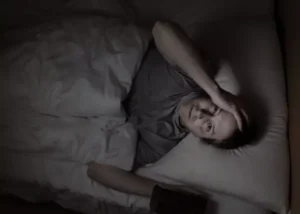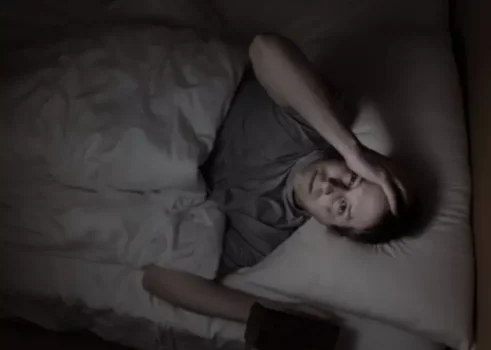Hangovers Symptoms and causes

Alcohol poisoning is a serious result of drinking too much too quickly. It is life threatening and requires immediate medical intervention. HangoverCure.org is dedicated to providing quality information on the subject of hangovers, alcohol and how long does a hangover last the products and solutions available to support a healthy lifestyle. Understanding how your body interacts with and processes alcohol is step number one. Next, practicing self-care following alcohol consumption is key to speeding up the recovery process.

What Causes a 2 Day Hangover?
- If drinking again immediately makes you feel better, this is definitely a red flag (and, furthermore, meets one of the criteria for the diagnosis of an alcohol use disorder).
- The severity of a hangover is closely linked to how much alcohol the person has consumed and how much sleep they have had.
- Hangover IV treatment has several benefits over traditional hangover remedies.
- But some people are more likely to have hangovers than others are.
Push aside that desire to crack a beer and numb your pain (both physically and metaphorically) and reach for a bottle of water (or 10) instead. Although true allergies to alcohol are rare, there are several allergens that make your hangover last a lot longer than usual. Your body may be telling you to steer clear of alcohol for different reasons. By blocking this hormone, your kidneys start to flush water out instead of holding onto it. There are a few fundamental causes of a hangover you should be aware of. Hangovers are miserable, but most subside within 24 hours.
The symptoms are severe.
These give many types of alcoholic beverages their taste and smell. Congeners are found in larger amounts in dark liquors, such as brandy and bourbon, than in clear liquors, such as vodka and gin. Hangovers after a single night’s drinking go away on their own. Talk with your healthcare professional if you’re concerned that frequent heavy drinking may lead to serious problems, such as alcohol withdrawal.

You drank on an empty stomach.
- You may have heard that sports drinks will hydrate you faster and speed your hangover recovery.
- Drinking can dehydrate you—even more so if you’re vomiting or suffering from diarrhea.
- However, drinking more does often make for a more severe hangover, and severe hangovers usually last longer.
- This “rebound effect” interrupts deep, rapid-eye-movement (REM) sleep, which can make you feel much more tired the next day.
Also, the ability to perform important tasks, such as driving, operating machinery, or caring for others can be negatively affected. You know that a good sleep can help you feel your best in the a.m. But you might not realize that while a few glasses of wine could put you to sleep, vino certainly won’t help you get your deepest snooze on.
Drinking fluids may help with the morning-after misery from getting drunk.

However unpleasant, most hangovers go away on their own, though they can last up to 24 hours. If you choose to drink alcohol, doing so responsibly can help you stay away from hangovers. Generally, the more alcohol you drink, the more likely you are to have a hangover the next day.
- Previous article:
- CEO vs Owner Key Differences Ohio University
- Next article:
- Sleeping Pills: How They Work, Side Effects, Risks & Types
